News:
Brokerage
Posted: November 24, 2015
Executive of the Month: Napolitano, president of First Nationwide: Looking to develop a new generation of title professionals
New York, NY The NYREJ recently sat down with Steven Napolitano, president of First Nationwide Title Agency, for a question and answer session.
Q: Would you agree that for many, the title industry remains an arcane real estate sector and few appreciate its value?
A: Yes, of course, but that is somewhat natural. The better we do our job, the less the public hears about us. Be that as it may, our industry is still central to just about every real estate transaction that happens across the nation. By way of analogy, consider that the use of currency in a modern economy requires confidence that the value reflected on that currency corresponds to real world benefits. Governments reassure us, or at least try to reassure us, of the value of their currencies by the strength of their currency standards, whether that currency is backed by gold, silver, oil, or even another currency. If the public had no faith that their dollars related to some benefit in the real world, people would not accept them. Similarly, the nation’s real estate and mortgage industries can only function in a world where title insurance companies have assured purchasers and lenders of the true state of ownership of the real property which they are bargaining for, or lending money upon. Our industry is the Fort Knox of the real estate and mortgage industries, offering stability and a currency for the transaction of real property interests.
Despite this essential role of bringing safety and security to a vital sector of the economy, the title insurance industry has sometimes seemed indifferent to the task of communicating what it does, why it is important, how it helps generate investment and job growth, and its ability to help reinvent cities and towns. Because we, as an industry, have often been content to concentrate on our day-to-day concerns, we have often been defined by people from without, and that has contributed to some misunderstandings about what we do, and why we do it.
Oftentimes lost in the discussion of rates and claims, is the fact that title insurance acts as a valuable and necessary credit enhancement. Capital markets conceive and price risk at a lower level when that capital is secured by real property ownership. This provides additional comfort to lenders who will, in turn, be prepared to offer loans at a lower rate. That credit enhancement extends to the secondary market and the commercial mortgage backed securities (CMBS) market, allowing lenders to recycle their cash so that they can lend their capital again, helping to sustain economic growth. On the CMBS side, the credit enhancement protects bond holders against risk of challenges to ownership, thereby protecting them against a loss of collateral.
Q: Your company seems to value diversity in the workplace as central to your corporate culture. Is there a particular reason for that?
A: At First Nationwide, we are committed to building a team of the best title insurance professionals in the industry, and diversity is an important aspect of accomplishing that goal. You cannot create a team of the very best, if you limit your prospects. Embracing diversity is not only the right thing to do, it also makes business sense. One of our points of pride at First Nationwide is our ability to service the needs of a wide variety of customers, in a wide variety of transactions. Whether our client needs us to facilitate a reverse mortgage transaction for a senior citizen, or a transaction involving foreign nationals, our diverse staff is oftentimes a distinct strength in better understanding our clients and their transactional needs.
We have implemented a comprehensive program that actively recruits a new generation of real estate professionals, and diversity in that recruitment effort is a high priority. Working with local colleges offering two-year and four-year liberal arts and business degrees, we are introducing our industry to students from a range of backgrounds, hoping to interest the best candidates seeking a solid career track. We are excited about the future in title insurance, and I think that enthusiasm comes through in our recruiting. We are not just looking to pick from among the best among the current pool of title insurance professionals, but are also looking to develop a new generation of title professionals. There are many priorities in recruiting, but diversity is sometimes not seen as the competitive advantage it can be, and that is a mistake.
Q: Your latest initiative is about cybersecurity. Why has this become an issue for First Nationwide Title?
A: It’s actually been a core focus for us since our founding. Let’s remember that virtually since their inception, title insurance companies and title agents have assumed the role of “guardian” of the deal, the conduit through which the parties fulfill their promises, and a role necessarily built upon a foundation of trust essential to every real estate transaction. At one time, ensuring that title was “clear” by pouring over physical real property records was at the core of that responsibility, along with the transfer of funds by physical means. No more. Today’s land records can be conveyed and officially recorded through cyberspace, just as the funds involved have been for years. The “guardian” of the transaction today has evolved into something of a “real property cyber sheriff” entrusted to conduct and close deals, free of malevolent cyberspace forces.
What all of this means is that title companies have become an even larger part of the real estate-based economy, requiring new standards of performance and vigilance to maintain the deal’s integrity. That’s where the title insurance industry needs to bring to bear the full force of its expertise and insight. Our industry needs to vigorously safeguard the data that passes through our systems with the same, or higher, standards of protection deployed by banking and financial institutions. It reflects the fact that the title industry is an equal player in anchoring real estate deals, and to ignore cyber liability places the very foundation upon which real estate transactions are conducted at risk.
Much the way banks and Wall Street have created joint task forces to share information on cyber threats and disaster recovery, so too should the title industry be prepared to share within its own arena the most effective weapons to confront this threat. The risks are too high and the potential for strategic damage to our economy too great to do otherwise. We have put substantial resources into creating a level of cyber security that we think sets a standard for our industry.
In addition, the company audited its own disaster recovery program and invested significantly in creating a robust and secure framework. As a result, the firm has assured continuity of service with five geographically distinct locations, with full data backup capability to support any site temporarily disrupted. The two issues go hand in hand.
Q: Your company seems to be very active in philanthropy. Can you elaborate on that?
A: If a company is little more than a P & L spreadsheet, something is very wrong with its corporate culture. If you are successful you have an obligation to give back and we do so in a variety of ways and through a number of organizations. For example, the company is very involved with, and I am on the board of, the Museum of American Armor, an award winning institution that has some 30 operational World War II tanks, armored cars and artillery. Its mission is to honor every veteran who has served our nation and to be a venue for support agencies such as the Family Readiness Group for the Fighting 69th Army unit. Its educational program has been honored by the History Channel and the Social Studies Council and we see it as a means of keeping our military heritage vibrant to a new generation.
We also select our community based marketing partners with equal care. For example, we are partnering with the New York Cosmos and, by doing so, we are helping to grow soccer in New York State. We also contribute to these charitable organizations: March of Dimes (I am on the board); Big Brothers /Big Sisters; Long Island Children’s Museum; Columbus Citizens Foundation; Friends of the Israel Defense Forces; Garden of Dreams; the New York chapter of Make-a-Wish-Foundation; Andrew Glover Youth Foundation; and Tomorrow’s Hope Foundation.
Tags:
Brokerage
MORE FROM Brokerage
Delisle and Monahan of Island Associates lease 45,000 s/f to Giunta’s Meat Farms at Strathmore Commons
Middle Island, NY Roger Delisle and Robert Monahan of Island Associates negotiated the lease for the Giunta’s Meat Farms to occupy 45,000 s/f at Strathmore Commons.

Quick Hits
Columns and Thought Leadership

Strategic pause - by Shallini Mehra and Chirag Doshi
Many investors are in a period of strategic pause as New York City’s mayoral race approaches. A major inflection point came with the Democratic primary victory of Zohran Mamdani, a staunch tenant advocate, with a progressive housing platform which supports rent freezes for rent

Behind the post: Why reels, stories, and shorts work for CRE (and how to use them) - by Kimberly Zar Bloorian
Let’s be real: if you’re still only posting photos of properties, you’re missing out. Reels, Stories, and Shorts are where attention lives, and in commercial real estate, attention is currency.

Lasting effects of eminent domain on commercial development - by Sebastian Jablonski
The state has the authority to seize all or part of privately owned commercial real estate for public use by the power of eminent domain. Although the state is constitutionally required to provide just compensation to the property owner, it frequently fails to account

AI comes to public relations, but be cautious, experts say - by Harry Zlokower
Last month Bisnow scheduled the New York AI & Technology cocktail event on commercial real estate, moderated by Tal Kerret, president, Silverstein Properties, and including tech officers from Rudin Management, Silverstein Properties, structural engineering company Thornton Tomasetti and the founder of Overlay Capital Build,


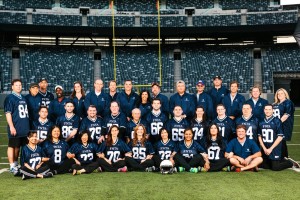
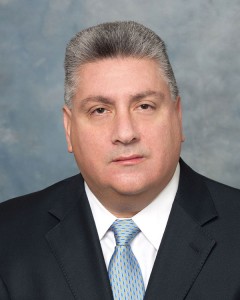
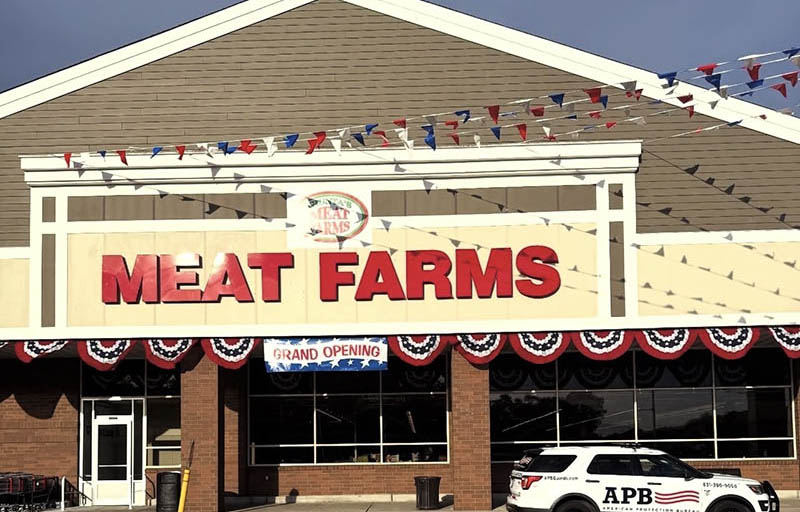
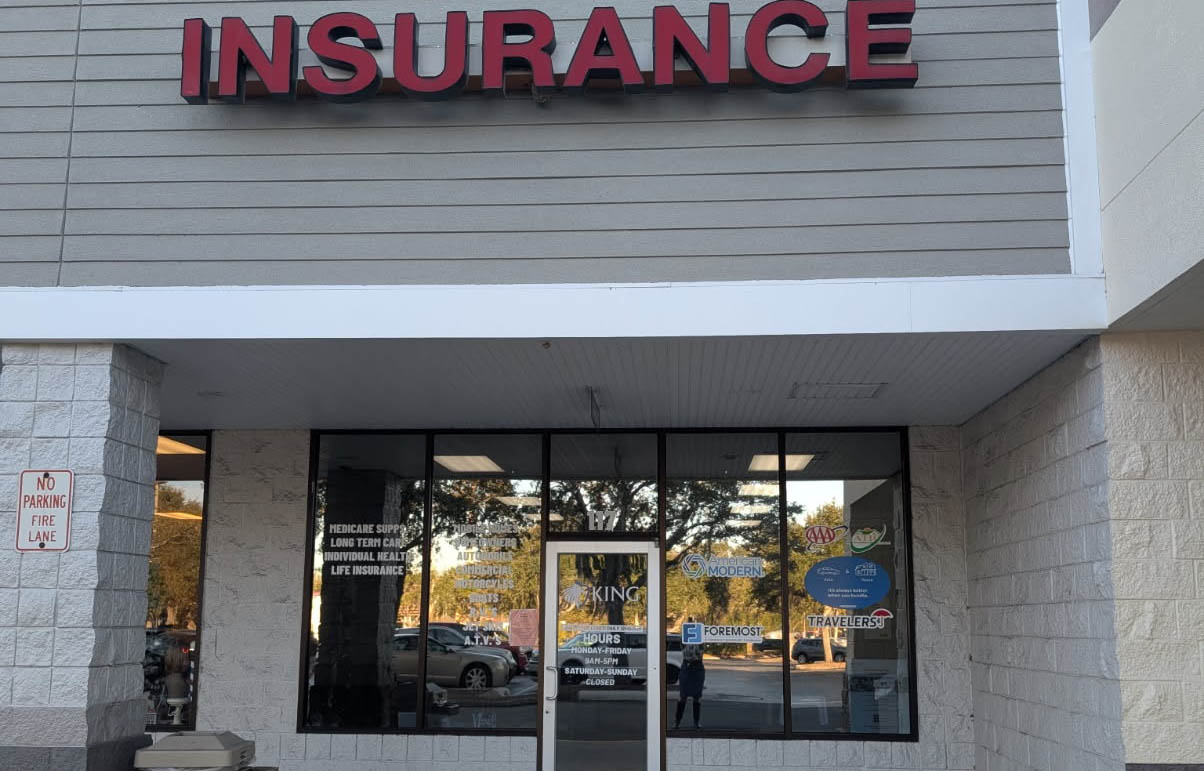
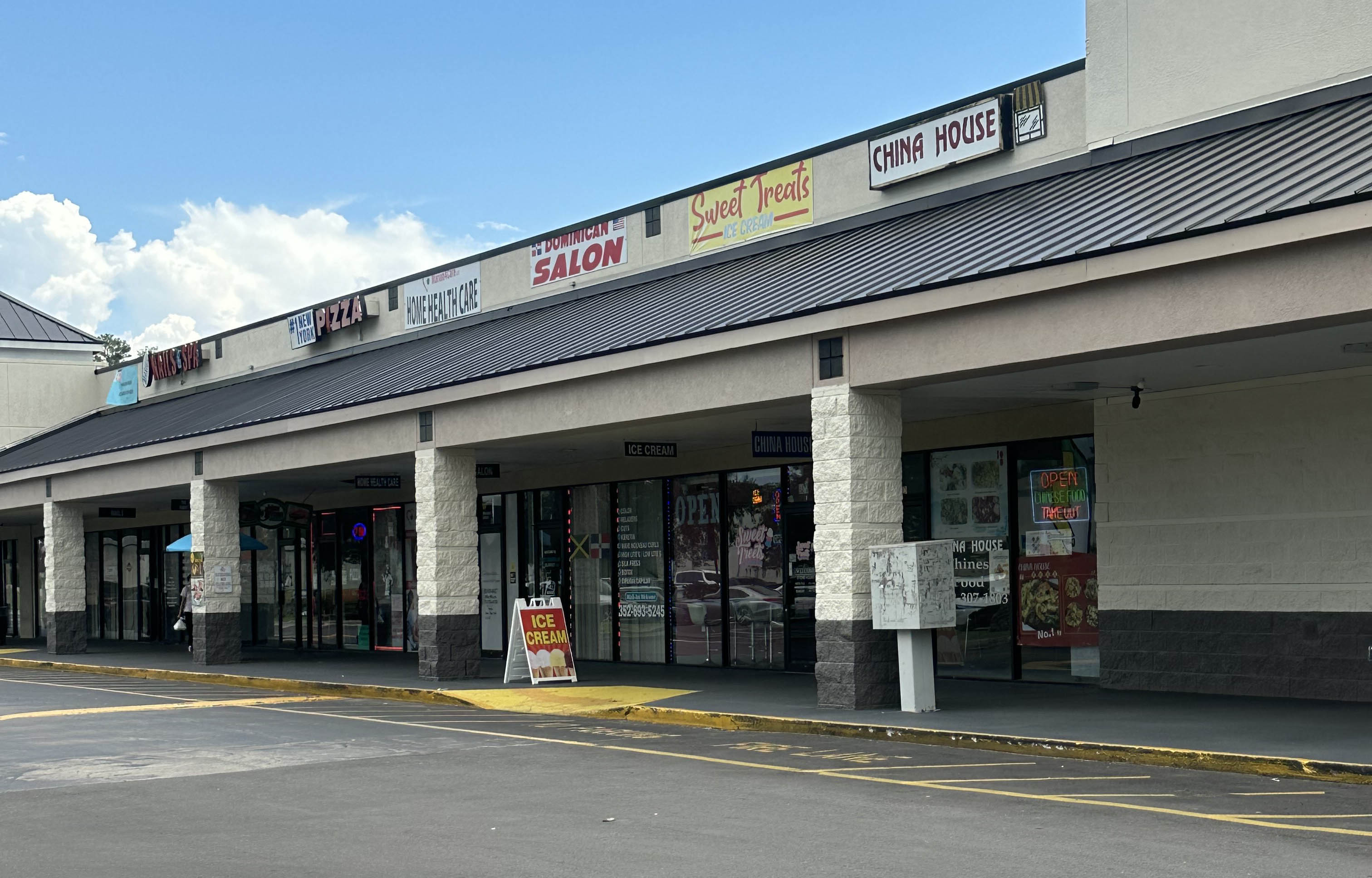



.jpg)

.gif)